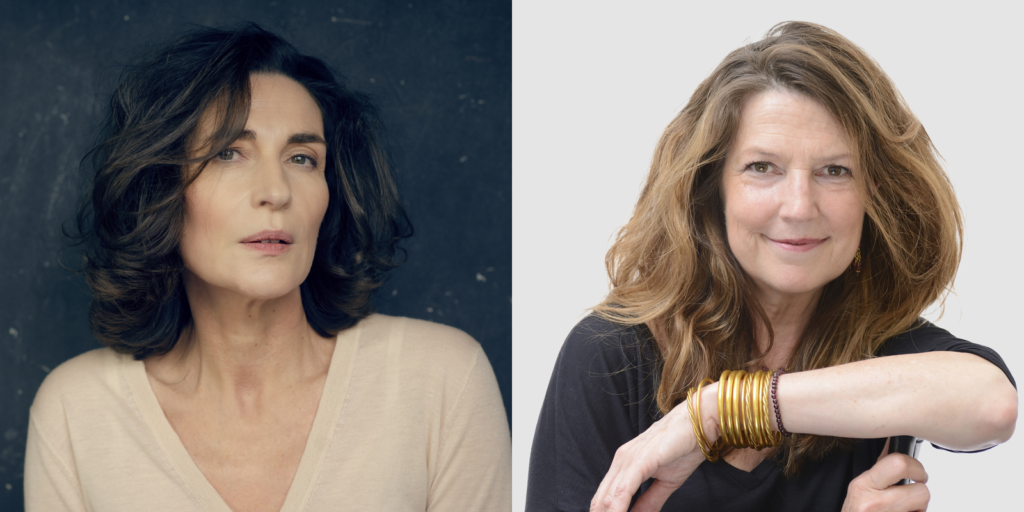
Leeds Lieder Festival 2023: Véronique Gens & Susan Manoff, The Venue, Leeds Conservatoire, June 13
IT is a tribute to the stature of this festival that a soprano of the international calibre of Véronique Gens should wish to perform here. Her pianist Susan Manoff has partnered several French singers on a regular basis: her credentials in the mélodie repertoire are equally impressive. A purely French recital is extremely rare in these parts; for multiple reasons this was an unmissable event.
Half of the programme was devoted to early songs by Reynaldo Hahn, all written in the 1890s before he was 25. Three came from his cycle to poems from Leconte de Lisle, Études Latines (oddly titled, since most of the subjects are Greek). Néère had the feel of a rueful lament, whereas Lydé was a grand hymn to the softening pleasures of wine. In both, the piano was a little too obtrusive. Balance was better in Tyndaris, where Gens distilled eternity from its somnolent ending.
These three crystallised a problem that surfaced all evening: where Gens was undemonstrative, barely using her arms and leaving her shapely phrasing to provide atmosphere or drama, Manoff seemed determined to share her spotlight, often raising her hands above her shoulders by way of emphasis: she should let her fingers do the talking. Balance was too often not as smooth as it might have been, with Manoff over-emphatic; the piano lid might have been better on the short stick.
At the very end, Gens delivered a mighty climax to Hahn’s Le Printemps, giving a rare glimpse of what she delivers on the operatic stage. She had clearly been harbouring her resources until then. Naturally Manoff was with her every step of the way here.
Earlier we had heard two Gounod songs, including some fine coloratura in Où Voulez-Vous Aller? and a beautifully controlled ending to De Polignac’s Lamento, hoping against hope that a dear departed will return.
The duo excitedly conjured Chausson’s butterflies and cut loose in an ecstatic account of Fauré’s love-affair between butterfly and flower. His Ispahan roses were predictably fragrant too.
But the highlight was Duparc’s exquisite setting of Baudelaire’s L’invitation au Voyage. It contained everything that makes Gens a remarkable specialist in this repertoire. She made the words melt into the melodic line, caressing rather than stressing their optimistic evocation of hazy, lazy sunshine at the end of a voyage. The firmer second stanza enhanced the anticipation. Manoff’s rippling piano made an ideal underlay. This was mélodie perfection.
Later in the festival Graham Johnson delivered a compact, highly informative lecture-recital on Schubert’s song-cycle Die Schöne Müllerin. Extracts from more than a dozen songs were delivered with admirable clarity by the baritone George Robarts. Johnson accompanied these and played more examples besides, including glimpses of similarities in earlier Schubert songs.
It is fashionable to decry the poetic achievement of Wilhelm Müller in this cycle. Johnson not only demolished that argument by implication but more importantly showed how Schubert added layers of meaning to what is after all a tragic tale, the young lad drowning himself in the brook. It is doubtful whether any of his listeners will ever hear this cycle in quite the same way again.
Review by Martin Dreyer
